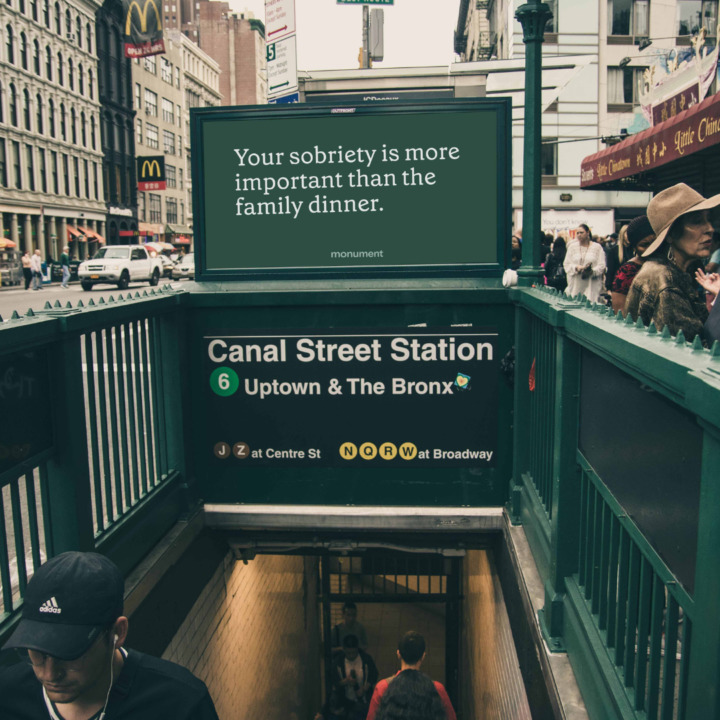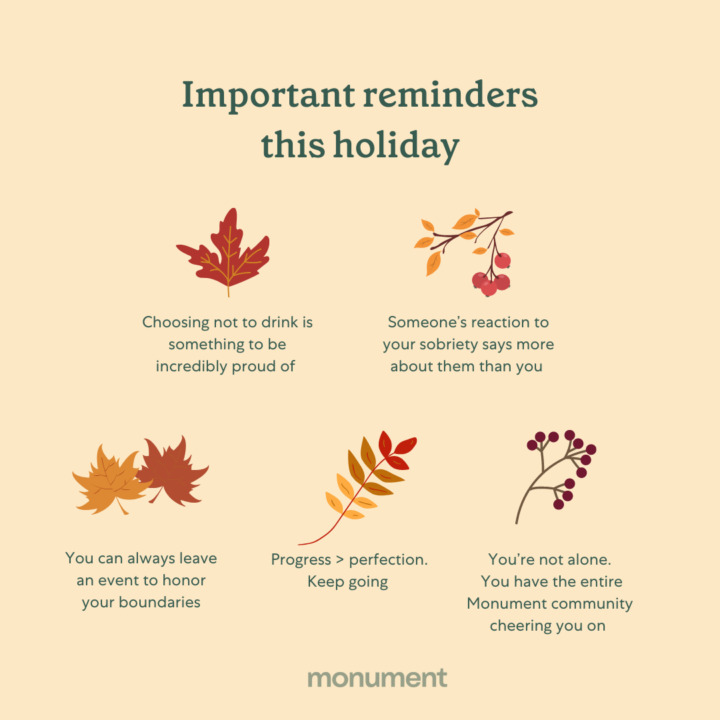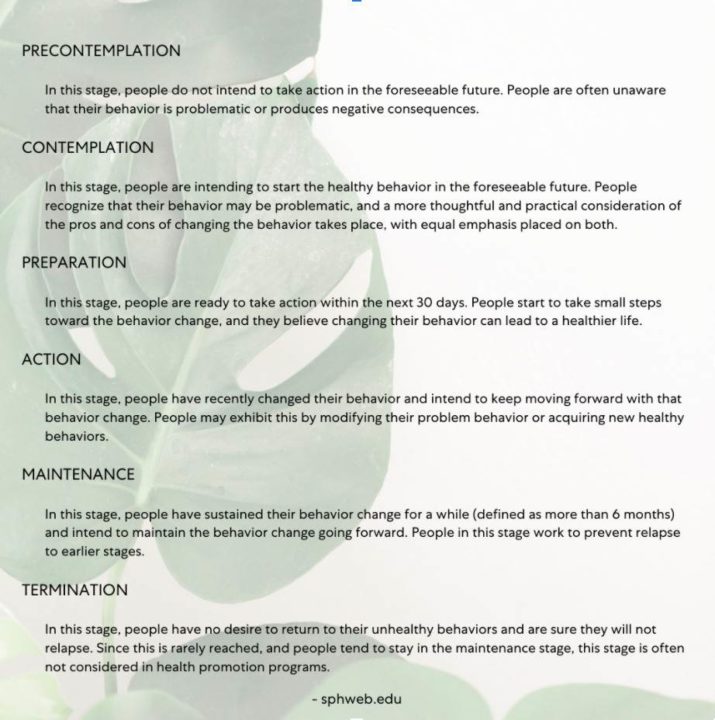Drinking excessively is all too common during the holidays and for many of us, it can be our family’s drinking we struggle with the most. Whether we are working to maintain sobriety ourselves, or are otherwise affected by our loved ones’ drinking, navigating familial alcohol consumption can add a great deal of stress to the holidays. There are two questions I encourage you to ask yourself:
- What can I do for my family members if they drink too much?
- What can I do for myself?
With empowering strategies and firm boundaries, you will be able to celebrate the holidays on your own terms.
How Do I Handle My Family’s Drinking During the Holidays? 7 Tips
While we can’t control the actions of others, we can have a say over the environments we create and activities we’ll take part in. Here are a few tips to help you navigate family around the holidays and make the best of the festivities.
1. Limit Alcohol Served or Bring Alcohol-Free Beverages
Let me be clear: putting a cap on the alcohol in your house does not make you a bad host. Limiting access to alcohol sets a boundary for everyone. This reduces the risk of one-on-one confrontation and having to single out anyone who might be struggling to manage their drinking. Instead, offer inspired non-alcoholic drinks and delicious food. Not to mention that water, protein, and carbohydrates can help dilute the effects of alcohol if people are drinking around you.
2. Have a Time Limit
Building a nighttime routine is a highly effective way to boost your mental wellness. And if you’ve been on a roll, your nightly rituals don’t have to waver because it’s a holiday. If your family is sharing a holiday meal, be transparent about the time commitment. Plan on wrapping up soon after dinner, or commit to leaving at a certain time. Again, you’re not being a poor host or a rude guest. In fact, you’re establishing loving boundaries for not just yourself, but your home and your family. If you’re sober or moderating, maintaining that commitment is far more important than staying a couple hours longer after dessert. You are your top priority.

3. Know How They’re Getting Home
According to The National Highway Traffic Safety Administration, the holiday season accounted for roughly one-third of the yearly driving fatalities in 2018. If you or someone you love is unable to drive themselves home, arrange alternative transportation. Oftentimes, we cannot control how much our loved ones’ drink. What we can control is how much we drink, and how we support those around us.
4. Share Resources With Your Family
While you can’t force anyone into getting treatment, you can be ready with resources if they are interested or willing. Monument believes in making this support accessible, with physician-prescribed medication to stop drinking or cut back, specialized alcohol therapy, and moderated support groups. Bring ideas and resources to the table, and let your loved one know that you are always there to help them in getting care.
5. Let Your Family Know You Won’t Be Drinking
While ultimately you can’t control your family members’ drinking habits, you can still control your own. If you’re navigating sobriety or moderation, or just don’t want to take part in the family drinking this year, it can be helpful to let your loved ones know ahead of time. This can give them time to process your decision while not under the influence themselves. Here are some more expert tips for how to tell your family you’re not drinking during a holiday.
6. Leave Early or Stay Home During Heavy Holiday Drinking
You don’t owe any explanation if you need space from others. I hear frequently from my patients that folks feel obligated to be “on” during the holiday season beyond their bandwidth. There is nothing wrong with opting out of a dinner. It can be particularly difficult to be surrounded by heavy holiday drinking when we are working to change our relationship with alcohol. Instead, join a Monument alcohol support group, write into your Community, watch a holiday-flick, or order take-out for one. Your mental health and, if applicable, sobriety or moderation is paramount to any familial obligation. And if you need some support to get started, check out our tips for psychologically distancing yourself from people and alcohol. Both might apply here!
7. Introduce New Traditions
Shaking up your typical holiday festivities is a great way to pull focus away from drinking and experience something new as a family. Think of some activities that don’t center alcohol, such as volunteering, hiking, having a movie night, or going to see holiday lights. If you don’t feel comfortable attending the big holiday party, organizing an alcohol-free activity is a great way to enjoy some quality time with your family without the presence of alcohol.

Assess Your Stage of Recovery During the Holidays
Understanding where you are mentally and emotionally can be challenging. It takes check-ins, self-reflection, and most importantly: compassion. If you’re struggling to maintain self-compassion as you navigate challenging relationships and alcohol use over the holidays, I recommend thinking of where you are as one stop in a series of stages. Enter: The Transtheoretical Model of Change. When we become aware of where we fall on our path toward actualizing the changes we’d like to make, we can better understand what we need, what we’re not getting, and review what we have. This model can also help your family members understand their own journey, especially in changing their relationship with alcohol.

What stage do you see yourself in? Allow yourself to be where you are in your process, reflect on what you need in this moment, and continue on your path toward change. You can also use this model to reflect on where your family members may be. This will help you to establish your boundaries (and expectations) this holiday season. If you find you’re needing some extra support, check out these expert tips on how to drink less this holiday season.
You don’t have to do this alone.
This has been an extraordinarily challenging couple of years. According to research from The Journal of the American Medical Association, there has been a significant increase in alcohol consumption since the pandemic started. These are unprecedented circumstances, and undeniably trying. If you’re concerned about your own drinking habits or a loved one’s drinking, know that you are not alone. I encourage you to attend a support group about managing your own drinking, or “Caring for yourself while caring for someone in recovery.” Join with your camera on or off, to listen, share, and discover community. And, know that we are here for you every step of the way.
And finally, I encourage you to claim your health as a priority. The holidays can generate high levels of stress, and family drinking can be difficult to navigate, especially while sober. Remember what you can control and offer your help to those you love. Sometimes a boundary or personal space can be the best gift you can give yourself (and others). Remember that your needs are also at the table.
If you believe you might be experiencing acute alcohol withdrawal, please contact your healthcare provider immediately and visit https://findtreatment.gov/ to find a location to get supervised detox near you. If this is a medical emergency, call 911.